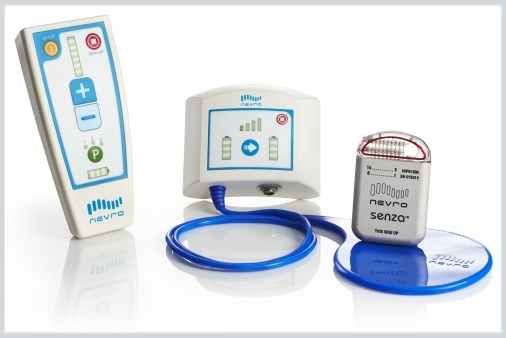Data on the use of antispasmodics available in North America for the treatment of chronic abdominal pain in patients with disorders of gut-brain interaction (DGBI) vary dramatically in safety and efficacy, according to a literature review published in The American Journal of Gastroenterology. Overall, data supporting the use of antispasmodics in this patient population are lacking.
In the United States, abdominal pain is considered the most common gastrointestinal (GI) symptom leading to an office-based outpatient or emergency department visit. Functional GI disorders are now formally described as DGBI, and are considered the underlying cause of abdominal pain in a significant proportion of patients. DGBI include irritable bowel syndrome (IBS), functional dyspepsia (FD), and centrally mediated abdominal pain syndrome (CAPS). The symptoms of abdominal pain in the aforementioned disorders are often treated with antispasmodics.
In this review, researchers aimed to explore the safety and efficacy of individual antispasmodics available in North America (alverine, dicyclomine, hyoscine, hyoscyamine, mebeverine, otilonium, pinaverium, and trimebutine) for the treatment of chronic abdominal pain in patients with DGIB.
PubMed and Embase were electronically searched through December 2020 (start date, 1963 for PubMed and 1947 for Embase) for results of randomized, placebo-controlled, parallel, or crossover studies on antispasmodics conducted in adults with abdominal pain due to IBS, dyspepsia/FD, and CAPS. The search included antispasmodics currently available in North America (United States, Canada, and Mexico). The Cochrane Collaboration’s “Risk of Bias” tool was utilized to evaluate the risk of bias in articles included in the review.
The PubMed and Embase database searches identified a total of 492 publications. In addition, 11 references were identified from reference lists in relevant review articles and the Cochrane Central Register for Controlled Trials. In total, 26 studies, including 23 focusing on IBS, 1 on FD, and 2 on recurrent abdominal pain with cramping (APC), were included in the review. The investigators noted that no studies assessing antispasmodics in patients with CAPS were identified.
Reference
Brenner DM, Lacy BE. Antispasmodics for chronic abdominal pain: analysis of North American treatment options. Am J Gastroenterol. 2021;116(8):1587-1600. doi: 10.14309/ajg.0000000000001266






